Year in Review: Servers, storage and networking in 2009
We take a look back at the big stories in hardware throughout 2009.


It's been a tough year in the hardware industry. Servers, storage and networking markets have all taken their knocks throughout the recession and revenues are some of the lowest they have been for years.
However, amidst the doom and gloom there have been some big achievements in this sector of the IT industry.
Nehalem hits the scene
The first Nehalem chip, created by Intel, was actually released in November 2008 but the introduction of the Xeon 5500 in March of this year changed the face of industry, influencing all the major releases that came afterwards.
The first to use one was Apple's Mac Pro Workstation released on 3 March 2009 but following this everyone got on board.
At the end of March HP unveiled its new Proliant G6 server range, incorporating the architecture along with a number of power saving and green initiatives.
In April Sun Microsystems joined in, releasing a range of servers, integrated open storage and high performance networking products again featuring the Xeon 5500.
Get the ITPro daily newsletter
Sign up today and you will receive a free copy of our Future Focus 2025 report - the leading guidance on AI, cybersecurity and other IT challenges as per 700+ senior executives
By 20 April, Intel had shipped over one million of the chips and continued to be included in a lot o the big players' boxes such as EMC and Lenovo.
As the year comes to a close the company has just announced a further 17 CPUs based on this architecture to serve the mid-range desktop and notebook markets so even into 2010 Nehalem will continue to make its mark.
Cisco enters the server market
Way before 2009 Cisco had made its mark on the technology industry. Its leading networking products seemed to be present in every large enterprise's infrastructure and for networking start up companies this was the firm to beat.
This year saw the big gun move out of its comfort zone and try out for a new area of the market it hadn't delved into before and which had very stiff competition.
In March 2009, the company announced its own range of servers, based on the Intel Nehalem Xeon 5500 architecture we have just discussed. It used the banner of Unified Communications to take on the big players of the field such as HP, Dell and IBM.
The move clearly ruffled feathers in the server market and some analysts believed it was a direct attack on HP which was trying to make its own play in the networking market with its ProCurve business.
It is too early to see whether this change in directions is as "game changing" as chief executive John Chambers believes it will be but it has had an effect on the market in 2009 with the results ready to come in 2010.
Speeds the like a network has never seen
Nortel has not had a great year. The company filed for bankruptcy back in February and since then has had a soul draining number of auctions as it sells off its assets to the likes of Ciena, Avaya and Ericsson.
However, facing all this negative press the company has actually make an industry first achievement at the end of 2009 which will be used as a stepping stone by many to increase their networking speeds.
Just this month, Nortel announced that along with Verizon, it has launched the first ever 100Gbps network. The private line runs between Paris and Frankfurt and rather than having to rip and replace a lot of the infrastructure, the companies have simply laid extra lines alongside to increase its speed dramatically.
It is 10 times what most networks can achieve and will help providers with higher bandwidth applications such as HD video, gaming or cloud computing.
Momentum behind 100Gbps networks has been growing throughout 2009 but it has only just been achieved within the year. If it continues to be a success we can expect to see many more of these popping up in 2010.
More challenges ahead
Clearly there have been some great achievements as this traditional part of the industry has moved with the times.
Although analysts are widely positive about the market's future, the big players in hardware are going to have to work hard to keep the customers involved with their technology and avoid the pitfalls of this still rocky economic climate.
Jennifer Scott is a former freelance journalist and currently political reporter for Sky News. She has a varied writing history, having started her career at Dennis Publishing, working in various roles across its business technology titles, including ITPro. Jennifer has specialised in a number of areas over the years and has produced a wealth of content for ITPro, focusing largely on data storage, networking, cloud computing, and telecommunications.
Most recently Jennifer has turned her skills to the political sphere and broadcast journalism, where she has worked for the BBC as a political reporter, before moving to Sky News.
-
 Cleo attack victim list grows as Hertz confirms customer data stolen
Cleo attack victim list grows as Hertz confirms customer data stolenNews Hertz has confirmed it suffered a data breach as a result of the Cleo zero-day vulnerability in late 2024, with the car rental giant warning that customer data was stolen.
By Ross Kelly
-
 Lateral moves in tech: Why leaders should support employee mobility
Lateral moves in tech: Why leaders should support employee mobilityIn-depth Encouraging staff to switch roles can have long-term benefits for skills in the tech sector
By Keri Allan
-
 Gaining timely insights with AI inferencing at the edge
Gaining timely insights with AI inferencing at the edgeWhitepaper Business differentiation in an AI-everywhere era
By ITPro
-
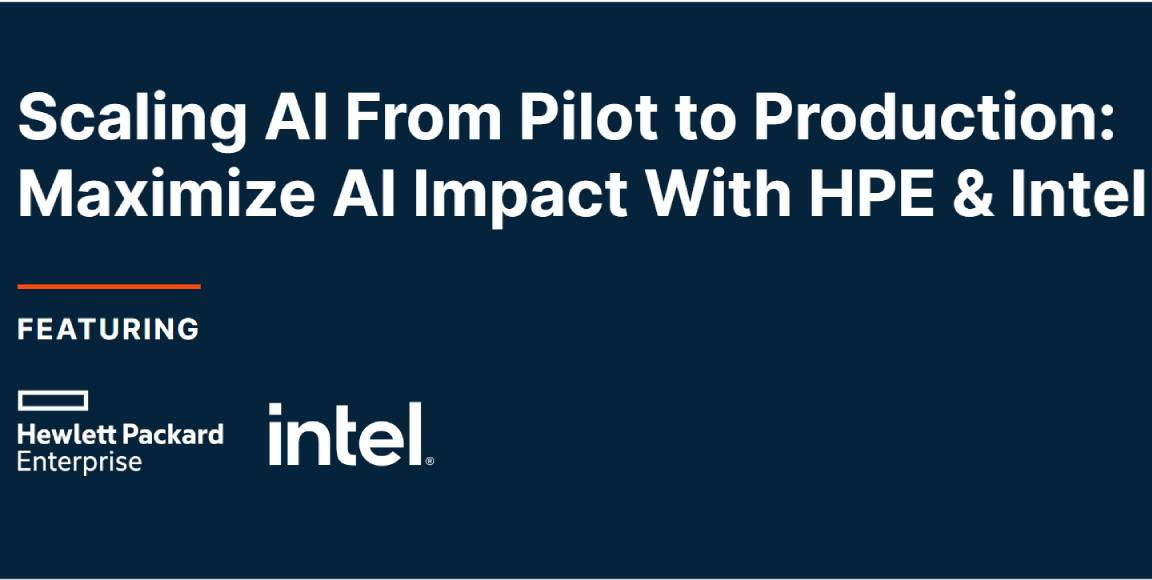 Scaling AI from pilot to production: Maximize AI impact with HPE & Intel
Scaling AI from pilot to production: Maximize AI impact with HPE & IntelWhitepaper Transform AI proof-of-concepts into full-scale implementations
By ITPro
-
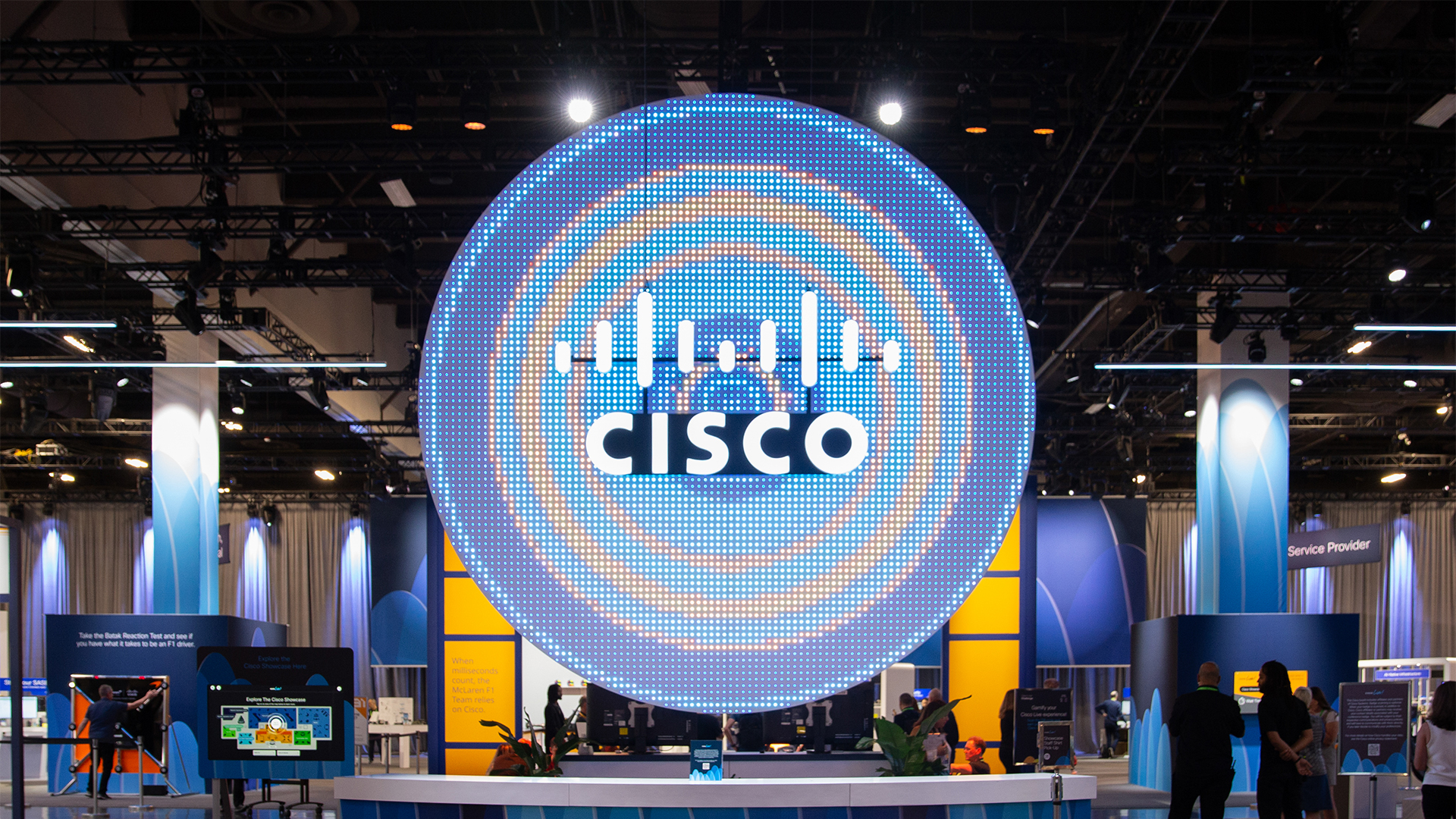 Why AI matters so much for where Cisco goes next
Why AI matters so much for where Cisco goes nextAnalysis Cisco has big plans for AI and is building a new strategy to match
By Steve Ranger
-
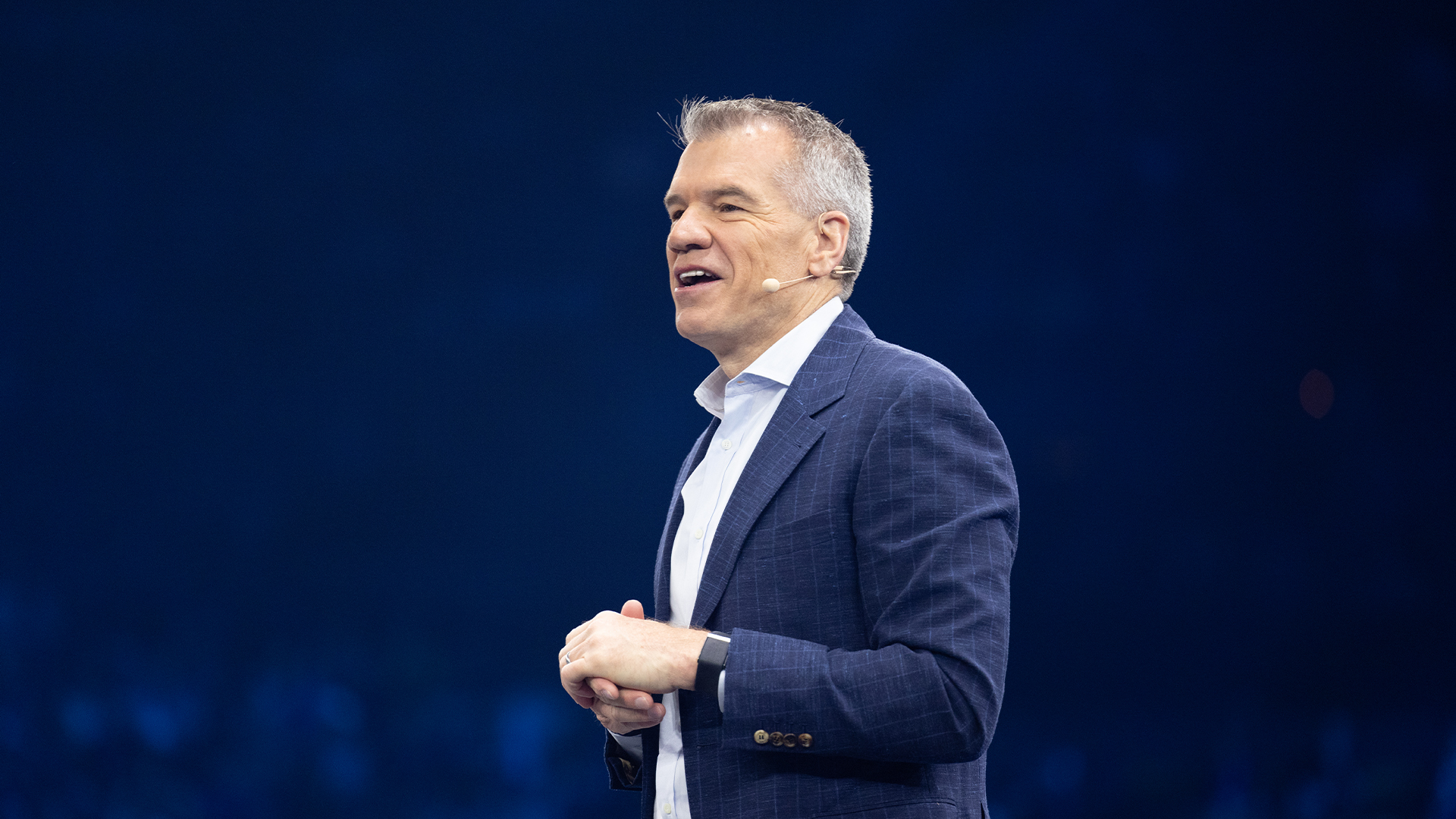 Exclusive: Splunk will play a key role in Cisco's AI plans, claims former CEO
Exclusive: Splunk will play a key role in Cisco's AI plans, claims former CEONews Former Splunk CEO Gary Steele, who has continued on at the firm post-acquisition, says the company will play a critical role in Cisco's AI roadmap
By Steve Ranger
-
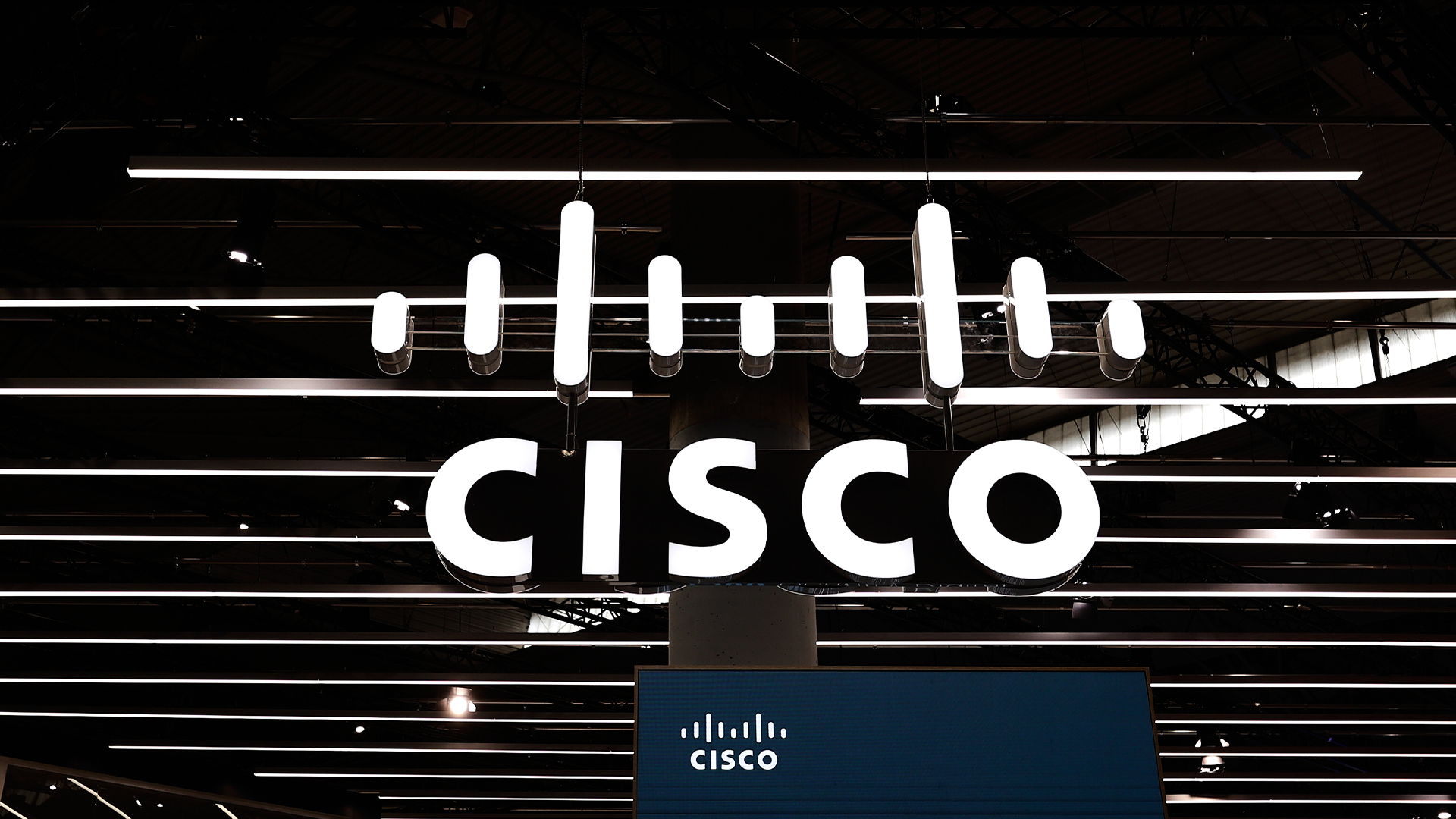 Cisco just launched a $1 billion investment fund for AI startups — and it's already backing Mistral, Cohere, and Scale AI
Cisco just launched a $1 billion investment fund for AI startups — and it's already backing Mistral, Cohere, and Scale AINews Cisco is flexing its muscles in the generative AI space in a bid to help enterprise customers deploy their own AI
By Steve Ranger
-
 Cisco EVP: AI cyber security robs attackers of their advantage
Cisco EVP: AI cyber security robs attackers of their advantageIn-depth As AI is combined with business data, it could put security teams on the front foot
By Solomon Klappholz
-
 UK supercomputer boom as HPE and Dell receive funding for new AI cluster
UK supercomputer boom as HPE and Dell receive funding for new AI clusterNews The UK’s AI computing capabilities will increase by an order of magnitude in 2024
By Rory Bathgate
-
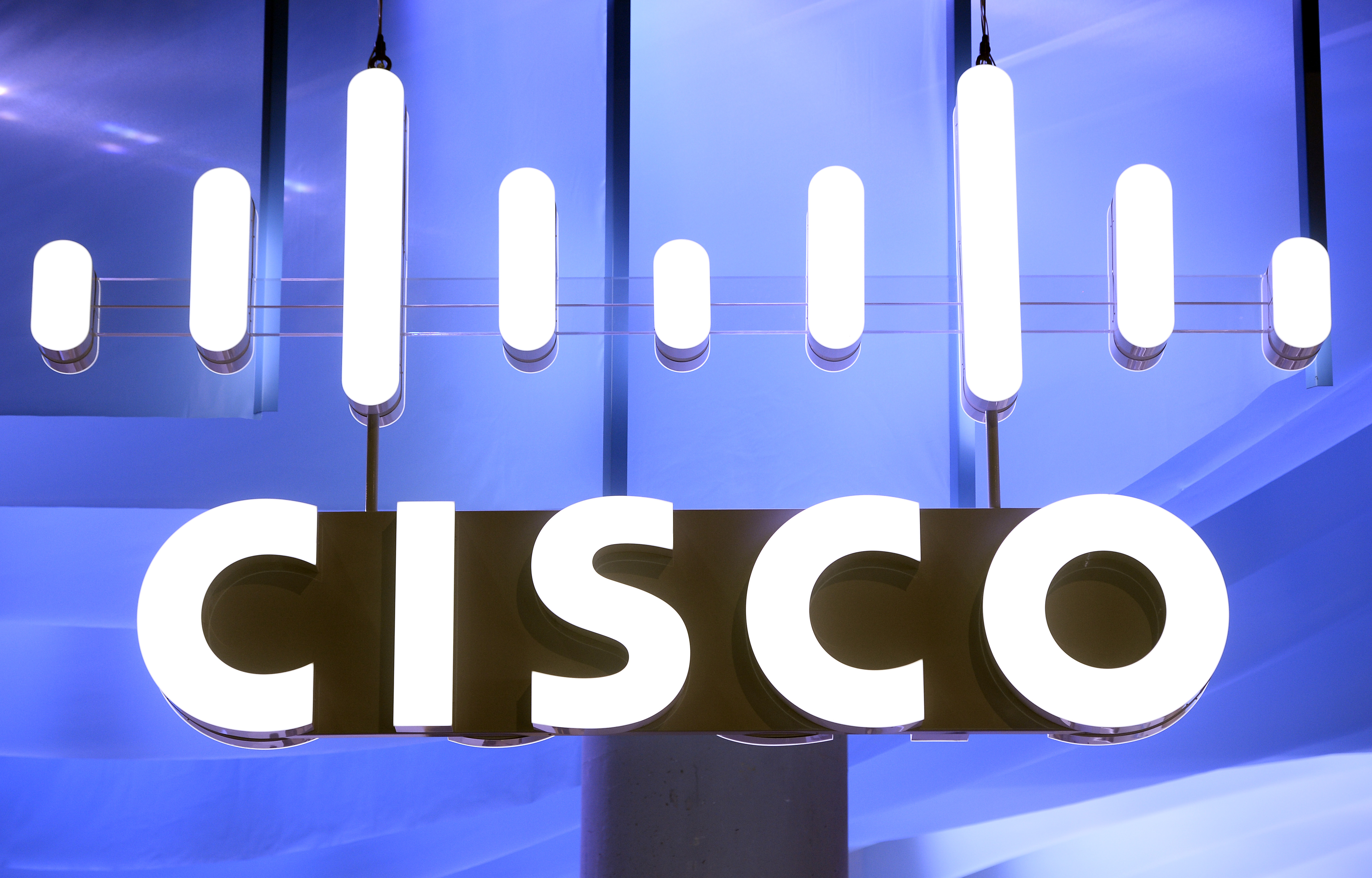 Cisco lifts lid on new AI strategy and assistant for Webex
Cisco lifts lid on new AI strategy and assistant for WebexNews Networking specialist says its new AI-fuelled approach to Webex will boost quality of online communications
By Daniel Todd